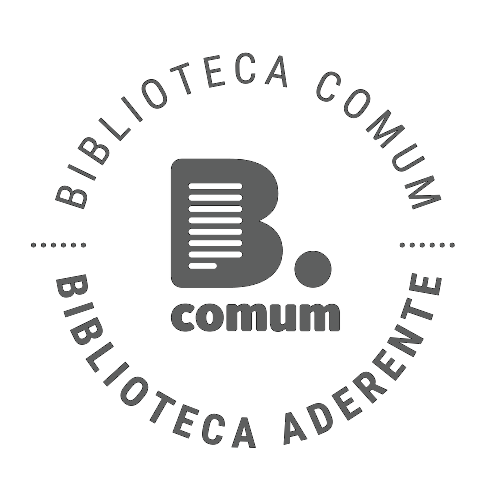In the vineyard of the text : a commentary to Hugh's didascalicon / Ivan Illich
Main Author Illich, Ivan, 1926-2002 Country Estados Unidos. Publication Chicago : Chicago University Press, cop. 1993 Description VI, 154 p. ; 24 cm ISBN 0-226-37235-9 CDU 19 ILLICH| Item type | Current location | Call number | Status | Date due | Barcode | Item holds |
|---|---|---|---|---|---|---|
| Monografia | Biblioteca Vitor Aguiar e Silva | BVAS 19 ILLICH - I | Indisponível | Not available | 124206 |
Total holds: 0



There are no comments for this item.